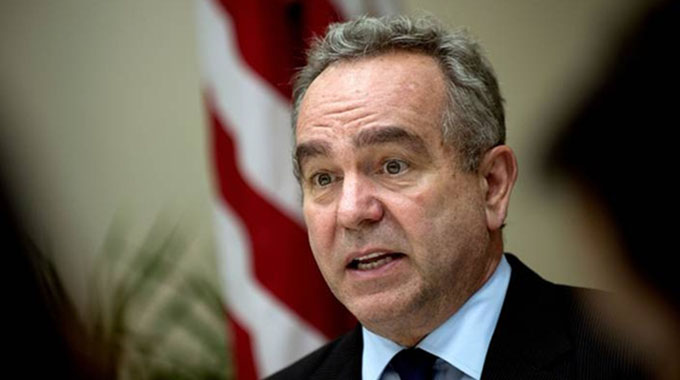Africa’s wildlife lobby urges paradigm shift

NAIROBI. — African governments and their partners need to adopt a pragmatic approach to enhance resilience against adverse impact of climate change that include conflicts, habitat loss, hunger and spread of virulent epidemics, the head of a continental wildlife lobby said yesterday. Kaddu Sebunya, president of African Wildlife Foundation (AWF), said in a commentary published by Sunday Nation that robust policy and legislative interventions coupled with home-grown innovations are key to boosting climate resilience in Africa.
“Perhaps more than any other continent, climate change is a big security and existential threat for Africa,” Sebunya remarked, adding that the outcomes of the ongoing climate talks in Germany’s Bonn will determine how African countries will chart a new low-carbon future. The Bonn climate talks that kicked off last week will outline how nations will implement the 2015 Paris Agreement that oblige them to lower green house gas emissions through adoption of cleaner technologies and enforcement of laws. Sebunya noted that Africa stands to benefit immensely from a global momentum to advance low-carbon development.
“As a continent that has suffered from, and continues to grapple with some of the worst global warming impacts, Africa will be keenly awaiting the outcome of the conference whilst hoping it yields effective solutions,” said Sebunya. The Bonn climate talks are taking place against a backdrop of economic, social and ecological devastations that have mounted in Africa due to rising temperatures. Sebunya warned that climate change has imperilled an already fragile security and economic situation in Africa.
“The continent has just emerged from the worst drought in 60 years in regions like the horn of Africa. In the Sahel, the collapse of agriculture in some areas in the face of extreme weather has been blamed for sending young people into the hands of terror groups,” he noted.
The veteran Ugandan conservationist decried forced migrations, inter-communal hostilities and human wildlife conflicts that have worsened due to climate change. Sebunya said the ongoing Bonn climate talks should yield practical results like increased funding towards climate change adaptation in Africa.— Xinhua.








Comments